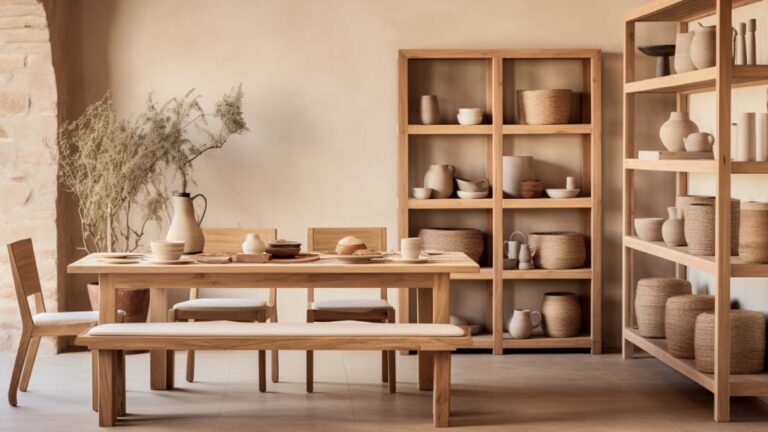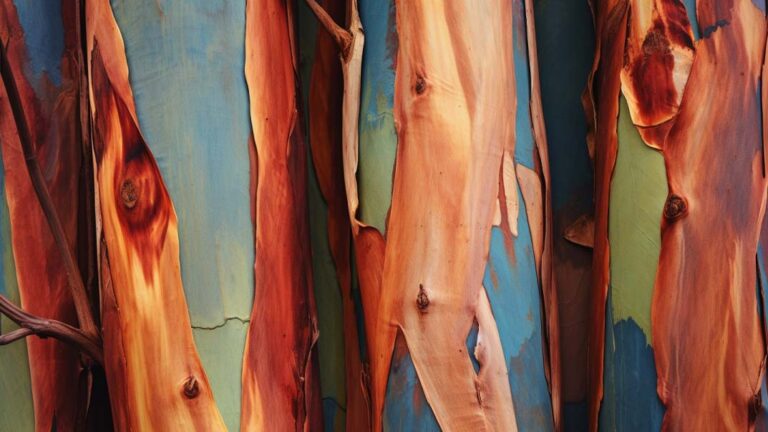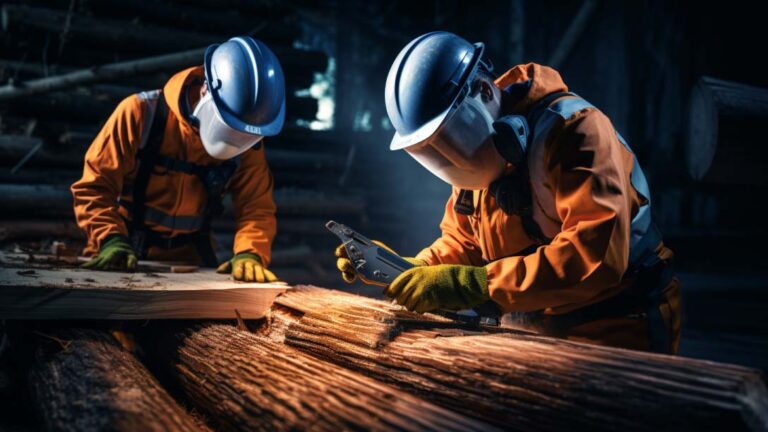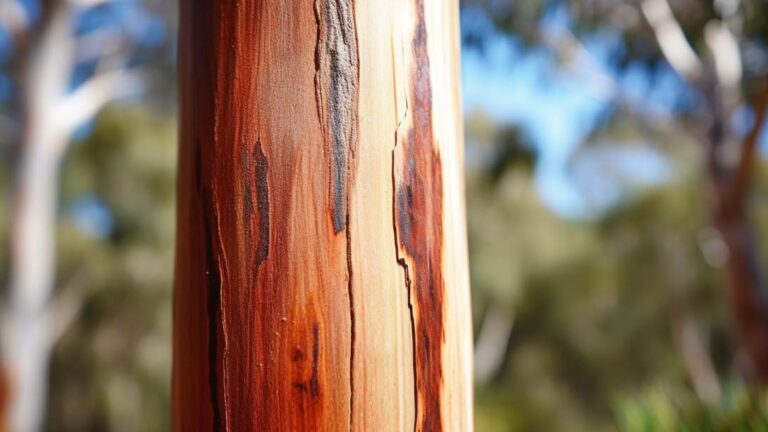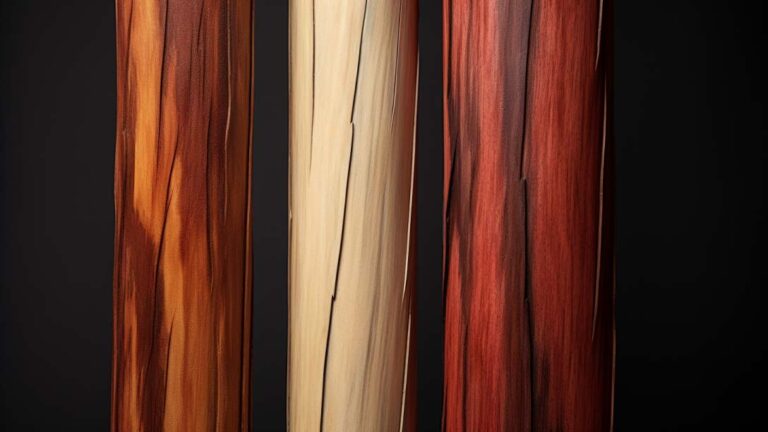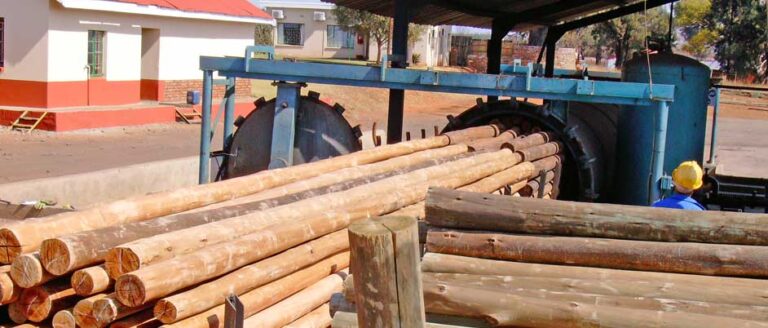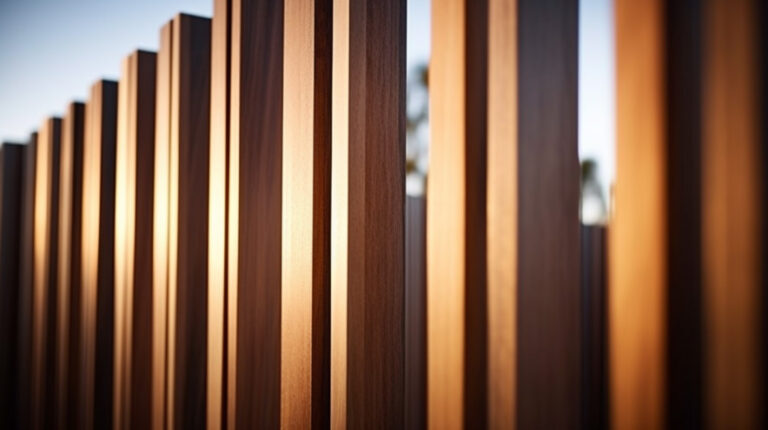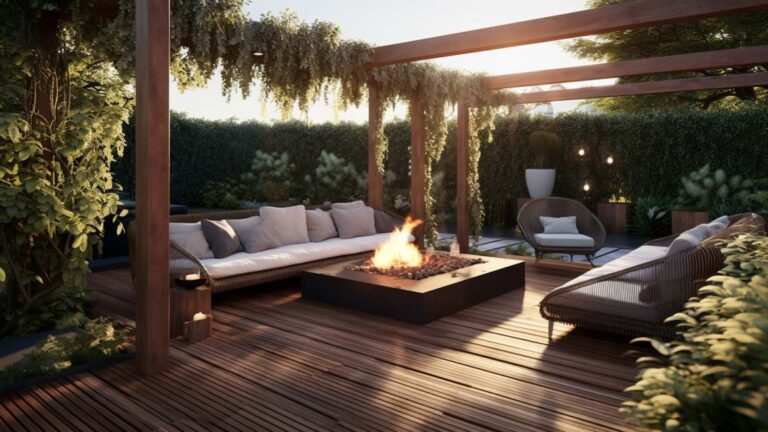While traditional timber species like oak and pine have long been favored in construction, the rise of sustainable and high-performance alternatives has challenged their dominance. One such alternative is eucalyptus timber, a wood that offers a range of features and benefits that make it an ideal choice for modern construction projects.
Anticipating objections to using eucalyptus timber, it is important to address concerns about its strength and durability. However, eucalyptus timber has proven itself to be a high-performance wood, boasting impressive strength and durability properties that rival or even surpass those of traditional timber species. Its natural resistance to pests and decay further enhances its longevity, making it an excellent choice for outdoor applications.
In addition to its impressive performance characteristics, eucalyptus timber is also a sustainable and eco-friendly choice. Eucalyptus trees grow rapidly, allowing for efficient and responsible harvesting. Moreover, eucalyptus timber can be sourced from sustainably managed plantations, ensuring minimal impact on natural forests.
Furthermore, the versatility of eucalyptus timber makes it suitable for a wide range of construction applications. From flooring and cladding to structural elements and furniture, eucalyptus timber can fulfill various design requirements, offering architects, builders, and homeowners a flexible and reliable building material.
Finally, eucalyptus timber’s cost-effectiveness adds to its appeal. Its availability, combined with its impressive performance and sustainability, make it a practical and economical choice for construction projects.
As eucalyptus timber continues to gain popularity among architects, builders, and homeowners, it is clear that it is a high-performance wood that meets the demands of modern construction while also offering a sustainable and cost-effective solution. Its strength, durability, natural resistance, versatility, and eco-friendly properties make it an excellent choice for those seeking control over their construction materials.
Key Takeaways
- Eucalyptus timber is a sustainable and durable alternative to traditional timber species.
- It has natural resistance to pests, decay, and fire.
- Eucalyptus timber offers design flexibility and can be used for various construction applications.
- Choosing eucalyptus timber contributes to sustainable construction practices and the fight against climate change.
Strength and Durability of Eucalyptus Timber
The strength and durability of eucalyptus timber make it a reliable material for modern construction projects. It can withstand heavy loads and resist decay and insect damage. Eucalyptus timber possesses a high strength-to-weight ratio, making it capable of supporting significant loads without compromising structural integrity. This characteristic is particularly advantageous in construction where the material needs to bear heavy loads, such as in beams and columns.
Additionally, eucalyptus timber exhibits a natural resistance to fire, making it a safe choice for buildings. Its attractive grain patterns and warm color provide an aesthetic appeal that enhances the visual appeal of any structure.
Moreover, eucalyptus timber’s durability ensures its longevity and reduces the need for frequent maintenance or replacement. Furthermore, its natural resistance to pests and decay adds to its reliability as a construction material, making it an ideal choice for various applications without compromising structural integrity.
Natural Resistance to Pests and Decay
Resistant to pests and decay, eucalyptus timber provides a durable and long-lasting material for various construction projects. Its natural resistance to pests, such as termites and beetles, eliminates the need for chemical treatments, making it an eco-friendly choice. Additionally, eucalyptus timber’s ability to resist decay ensures its longevity, even in harsh weather conditions. This makes it an ideal choice for outdoor projects, such as decking and fencing, as well as interior applications like flooring and furniture.
Beyond its functional benefits, eucalyptus timber also possesses natural beauty with its rich color variations and distinctive grain patterns. Its long lifespan and aesthetic appeal make it a popular choice for architects, builders, and homeowners seeking a high-performance wood that combines durability and aesthetics.
Moving on to the next section, eucalyptus timber is also considered a sustainable and eco-friendly choice.
Sustainable and Eco-Friendly Choice
As an environmentally conscious choice, eucalyptus timber’s sustainable properties make it an ideal option for construction projects. Eucalyptus timber is highly regarded for its recyclability and low carbon footprint, making it a preferred choice for those seeking eco-friendly building materials.
The timber’s recyclability stems from its ability to be repurposed and reused in various construction applications, reducing waste and minimizing the need for virgin materials. Furthermore, eucalyptus timber has a lower carbon footprint compared to other building materials, as eucalyptus trees absorb a significant amount of carbon dioxide during their growth. This not only contributes to reducing greenhouse gas emissions but also helps combat climate change.
With its sustainable characteristics, eucalyptus timber provides a foundation for construction projects that prioritize environmental responsibility. Transitioning into the subsequent section about ‘versatility in construction applications’, eucalyptus timber’s eco-friendly nature also extends to its wide range of uses in different construction projects.
Keen on understanding the benefits of Eucalyptus timber? We unveil its features in our detailed guide. Learn More!
Versatility in Construction Applications
With its wide range of applications in the construction industry, eucalyptus timber proves to be a versatile and adaptable material that can meet the diverse needs of modern building projects. Its versatility stems from its inherent properties, which make it suitable for various construction applications.
Eucalyptus timber can be used for structural purposes, such as beams, columns, and trusses, due to its high strength and durability. Additionally, it is commonly employed for cladding and flooring, providing a natural and aesthetically pleasing finish to buildings. Furthermore, eucalyptus timber offers design flexibility, as it can be easily shaped and molded into different forms, allowing architects and designers to create unique and innovative structures.
This versatility enables eucalyptus timber to offer cost-effective options for construction projects while providing the desired design flexibility. Transitioning into the subsequent section about the cost-effectiveness of eucalyptus timber, its versatility also contributes to its economic benefits.
Cost-Effectiveness of Eucalyptus Timber
The economic advantages of utilizing eucalyptus timber in construction can be likened to a cost-efficient puzzle piece that seamlessly fits into the overall project budget. When considering the cost comparison between eucalyptus timber and other construction materials, it becomes evident that eucalyptus timber offers significant long-term savings.
Its durability and resistance to decay and pests reduce the need for frequent maintenance and replacements, resulting in lower costs over time. Additionally, eucalyptus timber’s efficient growth and harvesting process contribute to its cost-effectiveness. Its rapid growth rate allows for quicker harvesting and ensures a readily available supply, reducing transportation costs.
Moreover, eucalyptus timber’s sustainability and eco-friendliness align with the growing popularity among architects, builders, and homeowners who prioritize environmentally conscious construction practices. Transitioning into the subsequent section, this growing popularity has led to increased demand for eucalyptus timber in the construction industry.
Growing Popularity Among Architects, Builders, and Homeowners
Architects, builders, and homeowners have increasingly embraced eucalyptus timber due to its favorable characteristics and eco-friendly attributes. Its growing popularity among designers stems from its versatility and aesthetic appeal, making it an ideal choice for contemporary architectural designs. Additionally, eucalyptus timber offers numerous environmental benefits, further contributing to its appeal.
- Durability: Eucalyptus timber is known for its high-density and natural resistance to decay, making it a durable option for construction projects. It can withstand harsh weather conditions and is less prone to warping or splitting.
- Sustainability: Eucalyptus trees are fast-growing and can be harvested within a relatively short period. This renewable resource minimizes environmental impact and helps in achieving sustainable construction practices.
- Carbon sequestration: Eucalyptus trees have a high carbon sequestration capacity, effectively reducing greenhouse gas emissions and promoting a healthier environment. By choosing eucalyptus timber, builders and homeowners can contribute to the fight against climate change.
Overall, the increasing popularity of eucalyptus timber among architects, builders, and homeowners can be attributed to its versatility, durability, sustainability, and positive environmental impact.

